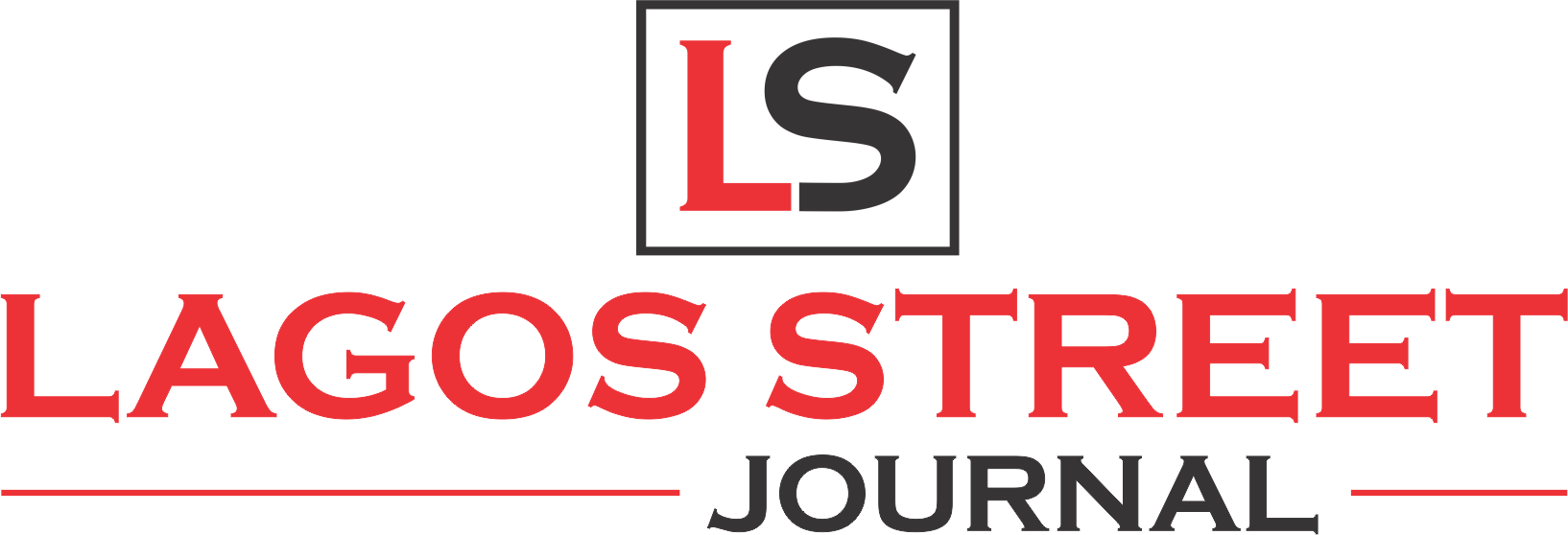Manufacturers frown at BDCs’ dominance on forex market
By Rasaq Adebayo
The Manufacturers Association of Nigeria (MAN) has expressed worries over the dominance of Bureau De Change market as it sources foreign exchange at the BDC window at high cost.
In a statement, the Director General, Segun Ajayi-Kadir, noted that the major challenge of the forex allocation to the BDC segment is that the operators always lacked the ability and will to continuously adhere to set guidelines.
He said most times, the operations of the BDCs drifted into round tripping and other financial incongruities which negate the overall objectives of creating the BDC forex market.
“The end result is always the escalation of the premium of forex in BDC compared to official window and further depreciation of the naira.”
The MAN boss explained that observation of the forex market scenario showed that in 2019, CBN forex allocation to BDC was about $12.65billion and only $1.33billion to the interbank, while the premium of BDC rate to that of interbank averaged 17 per cent in last three quarters of the year.
He posited that the trend may suggest that forex operations of the BDCs market have gone out of control, and that the dominance of the BDC market has unpleasant implications for the manufacturing sector.He noted that Manufacturers source forex at the BDC window at exorbitant cost, “notwithstanding the consequent implication on cost of production and competitiveness of the sector.”
The association further noted that MAN had made various submissions on the need for the apex bank to collapse the various forex windows into a single official window.
“We believe that a single forex window will eliminate the excesses of middlemen, save the value of the naira and allow for available forex to be allocated productively using the official banking protocols.
“Consequently, the current directive of the CBN corroborates with our view and may just address the activities of the operators in the BDC market.”
However, the DG emphasised that much of the efficiency and effectiveness of the new guidelines would be determined by how insistent the CBN and commercial banks will be to ensure that forex gets to genuine users.
“For instance, with the new policy, manufacturers will depend solely on the interbank market for their forex needs. We hope the banks will provide a seamless process and timely execution of forex application by manufacturers.”
Following the new policy, Ajayi-Kadir called for appropriate review of the forex policies and guidelines to support manufacturing at this precarious time.











